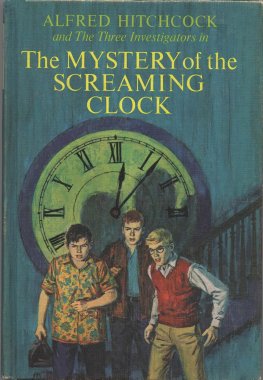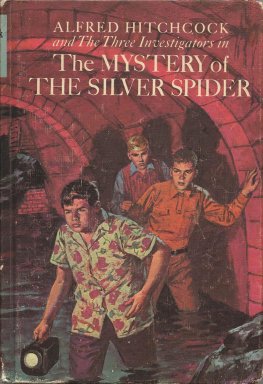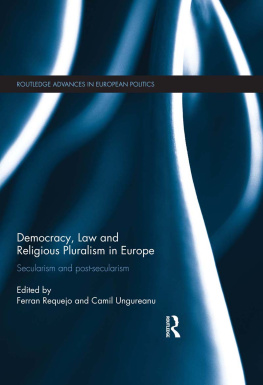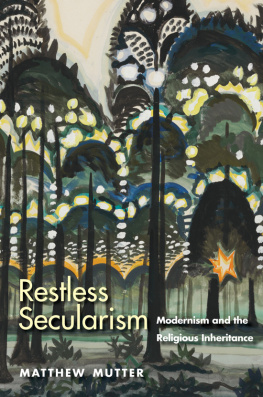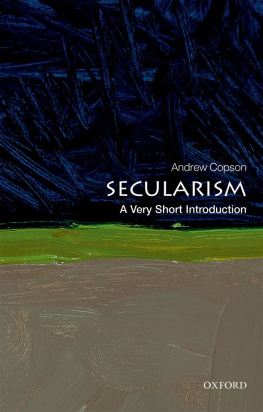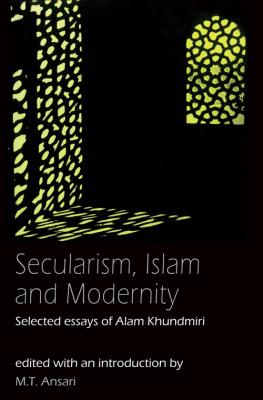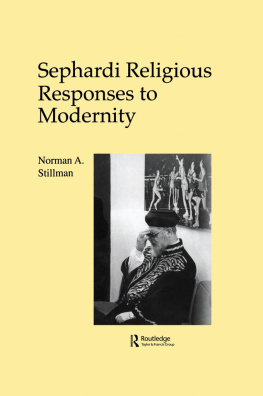Mrowczynski-Van Allen Artur - Beyond modernity: Russian religious philosophy and post-secularism
Here you can read online Mrowczynski-Van Allen Artur - Beyond modernity: Russian religious philosophy and post-secularism full text of the book (entire story) in english for free. Download pdf and epub, get meaning, cover and reviews about this ebook. year: 2016, publisher: Wipf and Stock Publishers, genre: Religion. Description of the work, (preface) as well as reviews are available. Best literature library LitArk.com created for fans of good reading and offers a wide selection of genres:
Romance novel
Science fiction
Adventure
Detective
Science
History
Home and family
Prose
Art
Politics
Computer
Non-fiction
Religion
Business
Children
Humor
Choose a favorite category and find really read worthwhile books. Enjoy immersion in the world of imagination, feel the emotions of the characters or learn something new for yourself, make an fascinating discovery.

- Book:Beyond modernity: Russian religious philosophy and post-secularism
- Author:
- Publisher:Wipf and Stock Publishers
- Genre:
- Year:2016
- Rating:3 / 5
- Favourites:Add to favourites
- Your mark:
- 60
- 1
- 2
- 3
- 4
- 5
Beyond modernity: Russian religious philosophy and post-secularism: summary, description and annotation
We offer to read an annotation, description, summary or preface (depends on what the author of the book "Beyond modernity: Russian religious philosophy and post-secularism" wrote himself). If you haven't found the necessary information about the book — write in the comments, we will try to find it.
Beyond modernity: Russian religious philosophy and post-secularism — read online for free the complete book (whole text) full work
Below is the text of the book, divided by pages. System saving the place of the last page read, allows you to conveniently read the book "Beyond modernity: Russian religious philosophy and post-secularism" online for free, without having to search again every time where you left off. Put a bookmark, and you can go to the page where you finished reading at any time.
Font size:
Interval:
Bookmark:
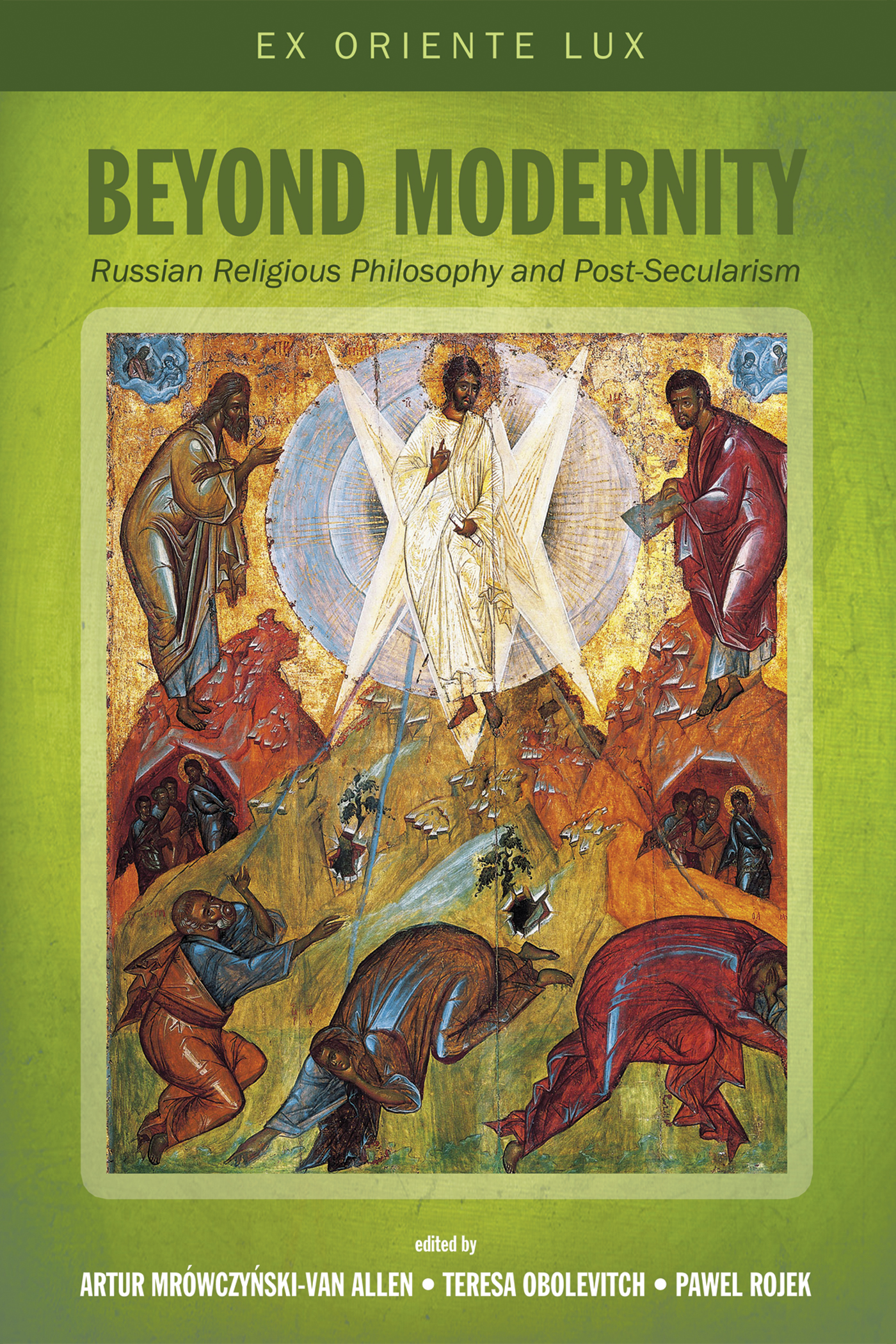
Russian Religious Philosophy and Post-Secularism
edited by
Artur Mrwczyski-Van Allen,
Teresa Obolevitch,
and Pawe Rojek

Konstantin Antonov , Professor at St. Tikhons Orthodox University, Moscow, Russia.
Katharina Anna Breckner ( 1962 2015 ), Independent scholar, Hamburg, Germany.
Janusz Dobieszewski , Professor at University of Warsaw, Warsaw, Poland.
Igor Evlampiev , Professor at Saint Petersburg State University, Saint Petersburg, Russia.
Grigory Gutner , Professor at the Institute of Philosophy of the Russian Academy of Science, Moscow, Russia.
Fr. Pavel Khondzinskiy , Professor at St. Tikhons Orthodox University, Moscow, Russia.
Sebastin Montiel Gmez , Professor at the University of Granada, Granada, Spain.
Artur Mrwczyski-Van Allen , Professor at the International Center for the Study of the Christian Orient and Institut of Philosophy Edith Stein, Granada, Spain.
Alexei Nesteruk , Professor at the University of Portsmouth, Portsmouth, The United Kingdom.
Teresa Obolevitch , Professor at the Pontifical University of John Paul II in Krakow, Poland.
Nikolai Pavliuchenkov , Assistant Professor at St. Tikhons Orthodox University, Moscow, Russia.
Halina Rarot , Professor at the Lublin University of Technology, Lublin, Poland.
Aaron Riches , Assistant Professor at the Institut of Philosophy Edith Stein, Granada, Spain.
Pawe Rojek , Assistant Professor at the Pontifical University of John Paul II in Krakow, Poland.
Walter Sisto , Assistant Professor at DYouville College, Buffalo, NY, United States.
Zhanna Sizova , Editor of the Voda Zhivaya Journal, Saint Petersburg, Russia.
Olga Tabatadze , Assistant Lecturer at the International Center for the Study of the Christian Orient, Granada, Spain.
Roman Turowski , Doctoral Student at the Pontifical University of John Paul II in Krakow, Poland.
Natalia Vaganova , Professor at St. Tikhons Orthodox University, Moscow, Russia.
Monika Woniak , Doctoral Student at the University of Warsaw, Warsaw, Poland.
Ex Oriente Lux
New Perspectives on Russian Religious Philosophers
series
vol. 1
Edited by Artur Mrwczyski-Van Allen, Teresa Obolevitch, and Pawe Rojek
This book is the first in the series Ex Oriente Lux , and provides an introduction to the context of the subsequent volumes.
We believe that the Russian religious philosophy of the nineteenth and twentieth centuries has great importance for Christian theology and philosophy. Russian thinkers, rooted in the tradition of the Church Fathers, avoided the theological dualism that so deeply penetrates Western thought. Such philosophers and theologians as Peter Chaadaev, Alexei Khomiakov, Vladimir Soloviev, Evgeni Trubetskoy, Pavel Florensky, Sergey Bulgakov, Nikolai Berdyaev, Georges Florovsky, and Aleksei Losev developed unique views on the relationships between religion and culture, science, philosophy, and social life, which, unfortunately, are missing from contemporary Western debate. The pressing task is to include their legacy in the context of contemporary philosophical and theological dialogue.
The series Ex Oriente Lux aims to meet this need. It serves as a way to bring Eastern Christian intuitions into the contemporary post-secular philosophical and theological context. Each subsequent volume will focus on one Russian thinker and include a selection of essays on his main ideas in historical and contemporary perspectives. The books in the series are prepared by both Western and Russian scholars, creating a space for discussion.
The books in the Ex Oriente Lux series come out of research connected with the annual conferences on Russian religious philosophy held in Krakow, Poland. The Krakow Meetings are organized jointly by the Pontifical University of John Paul II in Krakow, Poland, the Institute of Philosophy Edith Stein in Granada, Spain, and the International Center for the Study of the Christian Orient in Granada, Spain.
The Next Volumes in the Series
Peter Chaadaev: Between the Love of Fatherland and the Love of Truth
Alexei Khomiakov: We Are Sobornost
Evgeni Trubetskoy: Icon and Philosophy
introduction
The Russian Way of Overcoming Modernity
Artur Mrwczynski-Van Allen
Teresa Obolevitch
Pawe Rojek
P ost-secularism is the fundamental element for the end of modernity. It is its final stage, in which modernity is waking up from Francisco Goyas dream and realizing that, although it thought that it was awake, it was producing monsters. Modernity becomes aware that the enlightened awakening of reason was nothing but an illusion, a nightmare that it tries to exorcise with a new magic formula: post-secularism. How have the relationships between the post-secular consciousness that tries to defend its alleged position of neutrality towards religion and its ever more obvious dependence on the religious nature of mankindor even its own religious, or better said, mythical, characterbeen articulated? How were the Russian thinkers of the nineteenth and twentieth century able to identify this aspect of modernity? We hope the reader will be able to find answers to these questions in the works gathered here.
The innermost characteristic of the secular is the alienation that devours time and space, the time and space of the most human experience, forgiveness-and-donation ( for-give , per-don ). This is the monster of the nightmares that are far worse than the ones imagined by the genius of the aforementioned Spanish painter. Reducing this for-give space-time to a mere ethical question and subordinating that question, in two well-separated spheres (the private and the public), to the power, self-proclaimed as autonomous, of justice and of the law, reveals the fundamental soteriological ambition of secular reason. The process of the separation of seaculum from the aeternitas is the process of the birth, growth, rule, and finally the fall of modernity. It is the history of the fragmentation of mans deepest identity and the destruction of his relationship with God and, by extension, of his relationships with others, with the world that surrounds us.
Beyond Secular Reason
It must be admitted that this drama of fragmentation also forms an essential part of the history of the church. It emerged in Western late medieval theology and continues to shape our theopolitical imagination nowadays. This is why, as Monsignor Javier Martnez writes,
our circumstances are not determined principally by the difficulties put on the church from the outside, but rather by the fact that, faced with the world in general and its culture, and faced, furthermore, with that harassment, there does not seem to be a community capable of explaining its aims or why it lives the way it does.
The problem is that the Christians understand ourselves in the alien categories of the dominant secular culture. The church has been somehow domesticated or colonized by the culture of modernity. This process undermines the very foundations of the Christian way of feeling, thinking, and acting. What is worse, this colonization is so deep that Christians are usually not even aware of it. As a result, in many cases a rash fight against secularism might even deepen its fatal consequences. What is the way out? As Javier Martnez insists, Christians
Font size:
Interval:
Bookmark:
Similar books «Beyond modernity: Russian religious philosophy and post-secularism»
Look at similar books to Beyond modernity: Russian religious philosophy and post-secularism. We have selected literature similar in name and meaning in the hope of providing readers with more options to find new, interesting, not yet read works.
Discussion, reviews of the book Beyond modernity: Russian religious philosophy and post-secularism and just readers' own opinions. Leave your comments, write what you think about the work, its meaning or the main characters. Specify what exactly you liked and what you didn't like, and why you think so.

